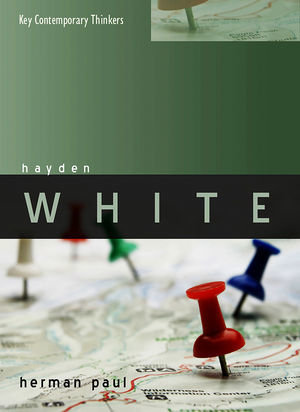This new book offers a clear and accessible exposition of Hayden White's thought. In an engaging and wide-ranging analysis, Herman Paul discusses White's core ideas and traces the development of these ideas from the mid-1950s to the present. Starting with White's medievalist research and youthful fascination for French existentialism, Paul shows how White became increasingly convinced that historical writing is a moral activity. He goes on to argue that the critical concepts that have secured White's fame - trope, plot, discourse, figural realism - all stem from his desire to explicate the moral claims and perceptions underlying historical writing. White emerges as a passionate thinker, a restless rebel against scientism, and a defender of existentialist humanist values.This innovative introduction will appeal to students and scholars across the humanities, and help develop a critical understanding of an increasingly important thinker.

